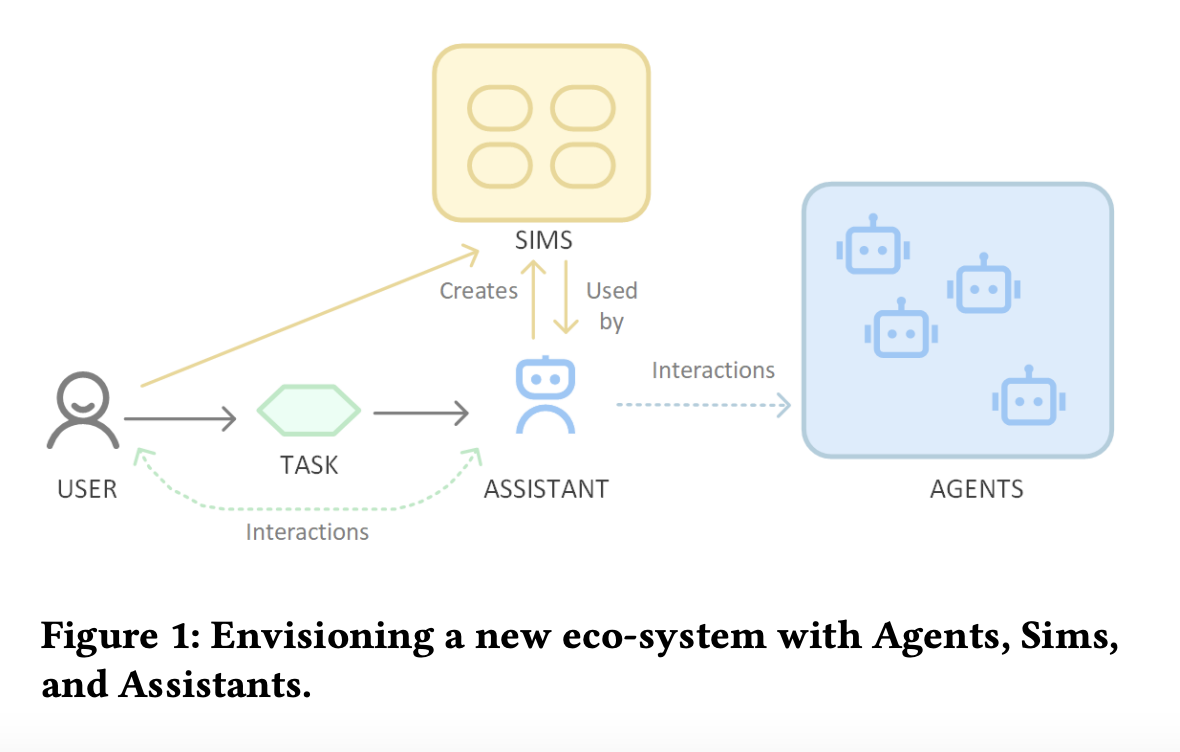
Understanding the Role of Artificial Intelligence (AI)
Artificial Intelligence (AI) is essential for automating tasks across various industries, leading to increased efficiency and improved decision-making. AI agents can operate independently, managing tasks like controlling smart home devices or organizing complex data systems. The goal is to save time and boost productivity with minimal human involvement.
Challenges in Autonomous Agent Systems
Despite their advantages, autonomous agents face challenges:
- They often struggle to adapt to new tasks and changing user needs.
- Issues like privacy, trust, and ethics are crucial for their deployment in sensitive areas.
A multidisciplinary approach is necessary to tackle these challenges, ensuring a balance between technical capabilities and user-friendly design.
Historical Development of AI Agents
Traditionally, AI agents have relied on:
- Symbolic AI: Worked well with set rules but struggled with real-world complexities.
- Reactive Systems: Good for immediate responses but lacked long-term planning.
- Multi-Agent Frameworks: Provided distributed problem-solving but faced coordination issues.
These limitations highlight the need for a new approach in AI agent development.
A New Ecosystem for AI Agents
Researchers from the University of Washington and Microsoft Research have proposed a new ecosystem that includes:
- Agents: Perform tasks.
- Sims: Represent user preferences and behaviors.
- Assistants: Act as intermediaries between agents and users.
This integration allows for personalized, adaptable, and trustworthy AI systems.
Advanced Architectures for Better Performance
The proposed system uses advanced architectures that combine large and small language models. This hybrid approach:
- Enhances scalability by breaking tasks into smaller parts.
- Improves coordination through decentralized control.
- Utilizes reinforcement and transfer learning for adaptability.
- Incorporates ethical design principles for safe operation.
Significant Improvements in Task Management
The new ecosystem has shown remarkable improvements in handling complex tasks:
- Agents can manage multi-step operations with less user input.
- Increased accuracy in task completion and decision-making.
These advancements suggest a promising future for AI in real-world applications.
Conclusion: The Future of AI
This innovative ecosystem addresses key issues in AI, such as scalability, adaptability, and trust. It paves the way for broader adoption of autonomous systems, enhancing productivity and user satisfaction. This approach may set a new standard for designing and deploying AI agents.
Get Involved
Explore the research paper for more insights. Follow us on Twitter, join our Telegram Channel, and connect with our LinkedIn Group. Don’t miss out on our 60k+ ML SubReddit.
Join Our Webinar
Gain actionable insights into improving LLM model performance while ensuring data privacy.
Transform Your Business with AI
Discover how AI can enhance your operations:
- Identify Automation Opportunities: Find key areas for AI implementation.
- Define KPIs: Measure the impact of AI on your business.
- Select an AI Solution: Choose tools that fit your needs.
- Implement Gradually: Start small, gather data, and expand wisely.
For AI KPI management advice, contact us at hello@itinai.com. Stay updated on AI insights via our Telegram or Twitter.
Enhance Your Sales and Customer Engagement
Explore AI solutions at itinai.com.



























